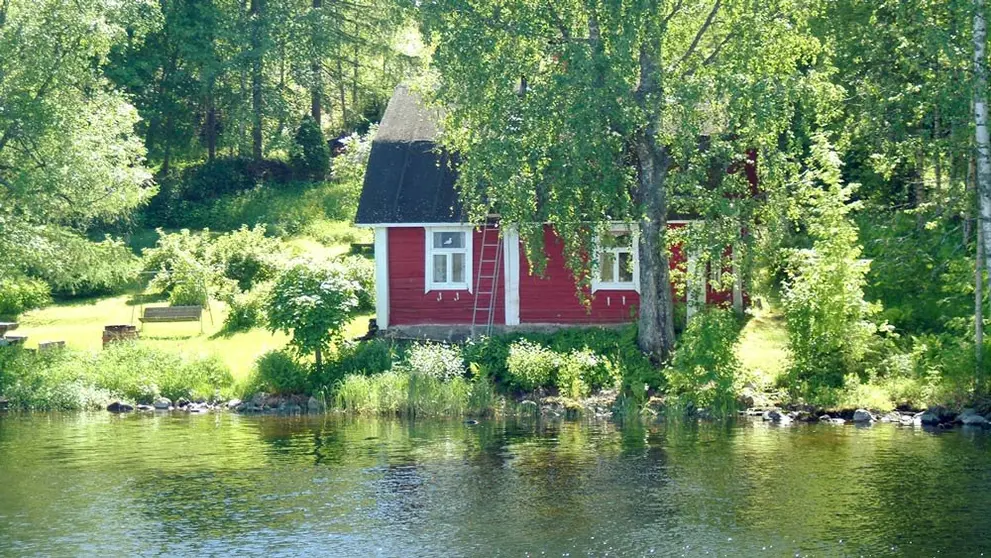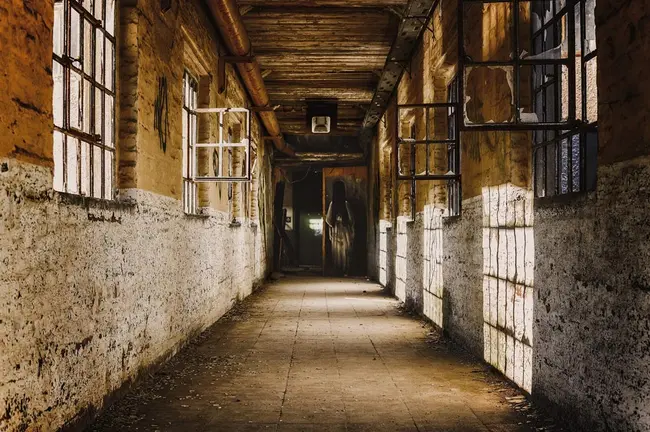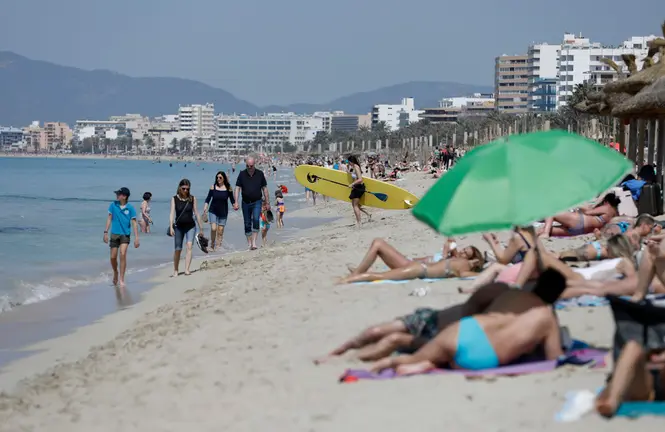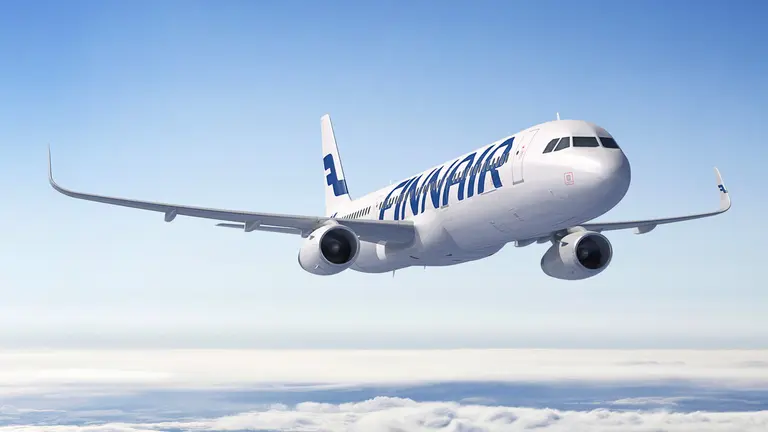The accommodation and holiday industry in Finland has regressed 25 years when it comes to business results. The reason is the coronavirus crisis and the consequent border closures and limitations on freedom of movement and opening of establishments.
The result is that due to the Covid-19 crisis, overnight stays at Finnish accommodation establishments decreased to the level of 1995, according to the latest figures published by Statistics Finland. The number of overnight stays by resident tourists in 2020 decreased by 25% and that of overnight stays by non-resident tourists by as much as 68% from the previous year.
The year 2020 was very exceptionally bad for accommodation services due to the pandemic. It started with a growth of around 7-8% in overnight stays in January to February.
However, the pandemic that started in March began to decrease clearly the number of visitors. In April, the number of nights spent by resident tourists decreased by 86% and that of nights spent by foreign tourists by around 95%.
In 2020, a total of 14.3 million overnight stays were recorded at Finnish accommodation establishments. Of them, 12 million were recorded for resident tourists and 2.3 million for non-resident visitors.
During July to August, the number of nights spent by resident tourists was close to the level of 2019, but from September to December, the decline remained at around 20%. Nights spent by foreign tourists decreased by around 85% from May to December from the year before.
Establishments forced to close
The weakening in the demand for accommodation services was clearly reflected in the available capacity.
During the year, an average of 1,100 establishments were open, offering around 56,000 rooms and 144,000 beds. Many accommodation establishments have been forced to close doors temporarily because of the pandemic. The number of open establishments decreased by 83% and available were over 9,000 fewer rooms and over 18,000 fewer beds than in the year before.
The occupancy rate of rooms fell by 16 percentage points, being around 37%, on average.
In hotels, overnight stays decreased by 43% in the whole country and the occupancy rate also dropped by around 18 percentage points.
Big fall in business trips
For the whole year, domestic demand showed a drop of one quarter from the year before. The number of overnight stays did not reach the level of the previous year in any region, but in some areas decreased clearly more strongly than in others.
Overnight stays by resident tourists decreased by 45% in Uusimaa, with even bigger drops in Helsinki (46%) and Vantaa (56%). In sparsely populated areas, year-on-year changes were considerably more moderate.
There were also differences in overnight stays by resident tourists between leisure trips and business trips. For leisure trips, numbers were almost on level with the previous year in July to August. However, nights related to business trips remained clearly lower after spring. In July to September, around one-quarter fewer overnight stays were recorded for business trips, but in October to December as much as nearly 40% fewer.
Hardly any foreign tourists
Last year, there was a distinct collapse in the travel of foreigners to Finland from March onwards.
However, the most important countries of origin remained almost unchanged from previous years. Russian, German and British tourists were the three largest groups of foreign citizens.
This is explained by trips made in January to February, when the restrictive measures imposed due to the pandemic had been implemented in only a few countries.
In January to February, a majority of foreign tourists headed to ski resorts in Northern and Eastern Finland.
The fourth and fifth largest groups were French and Estonian tourists, leaving behind Swedish and Chinese visitors, whose overnight stays dropped by 80% year-on-year.












